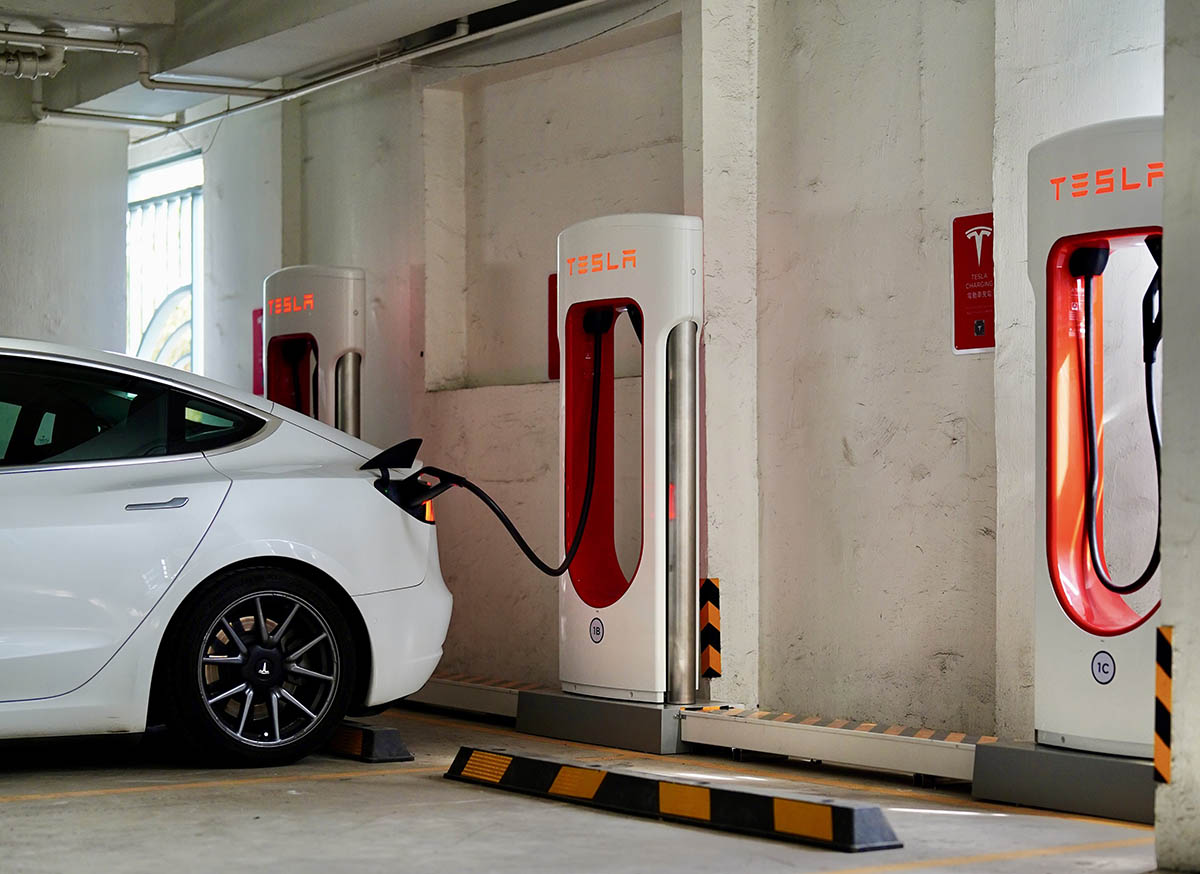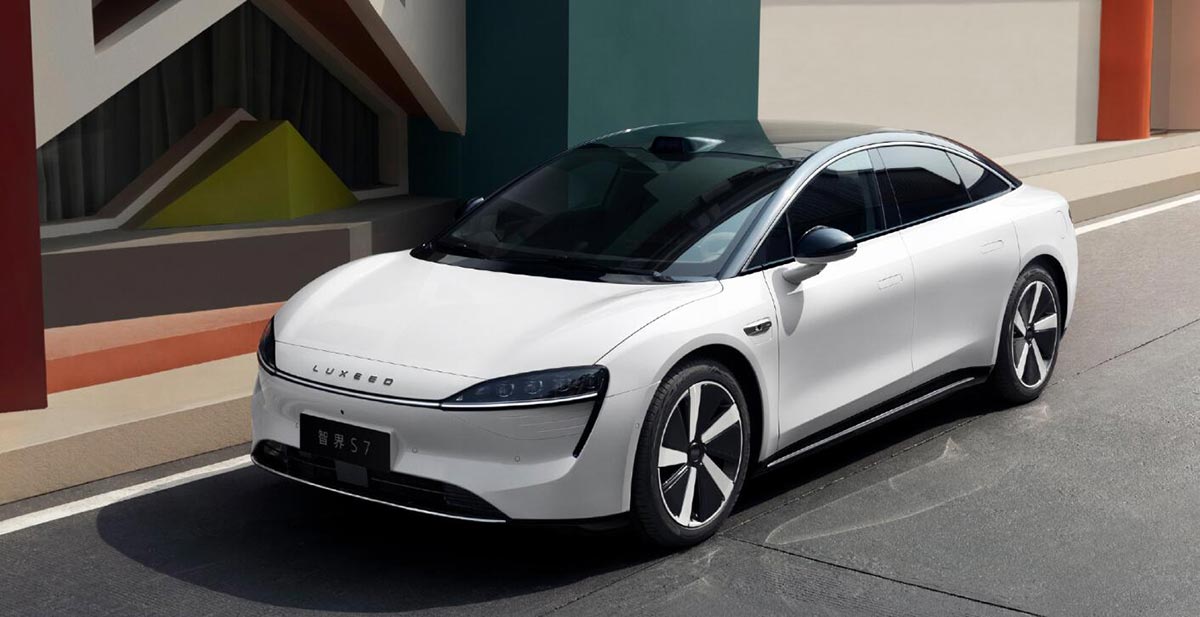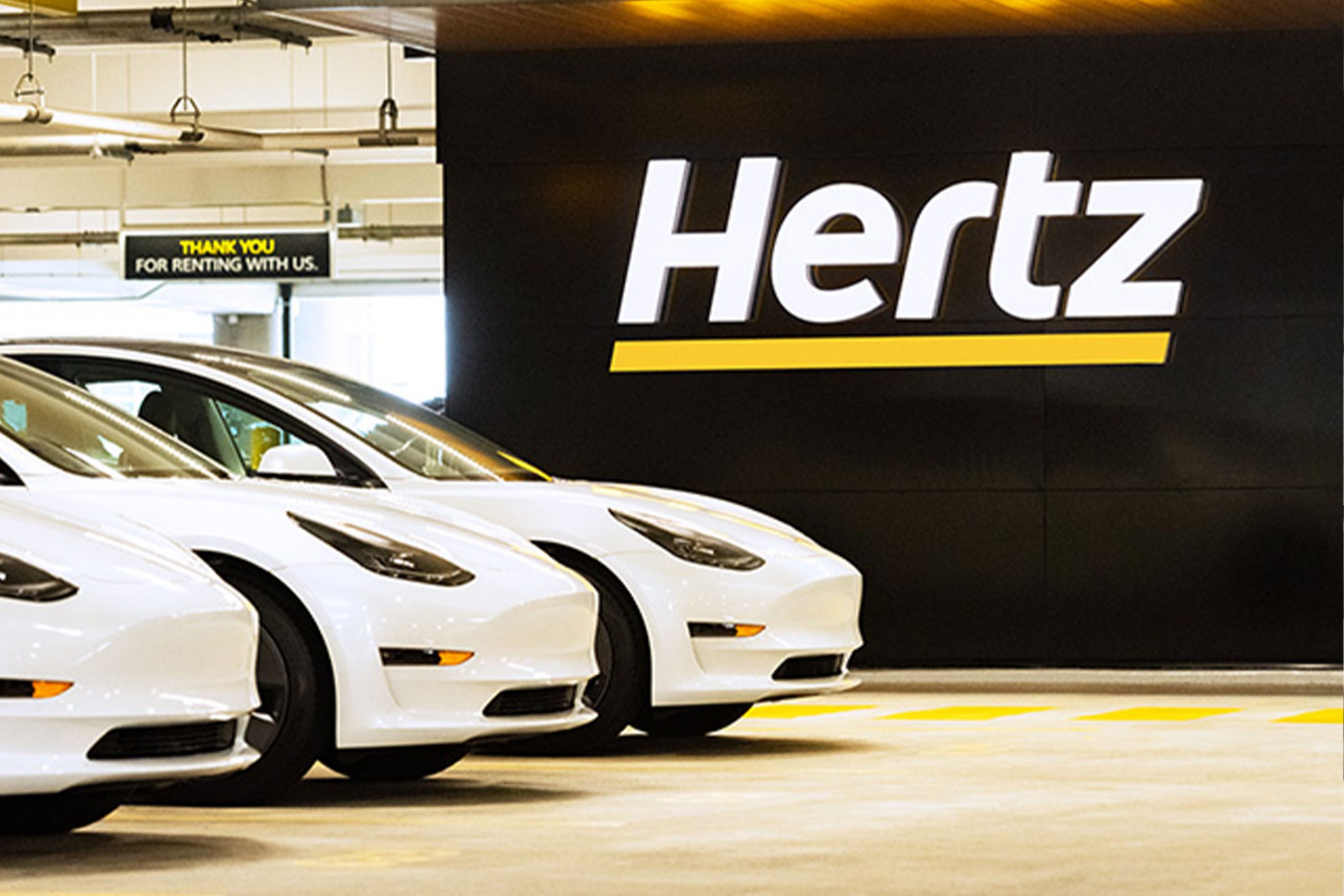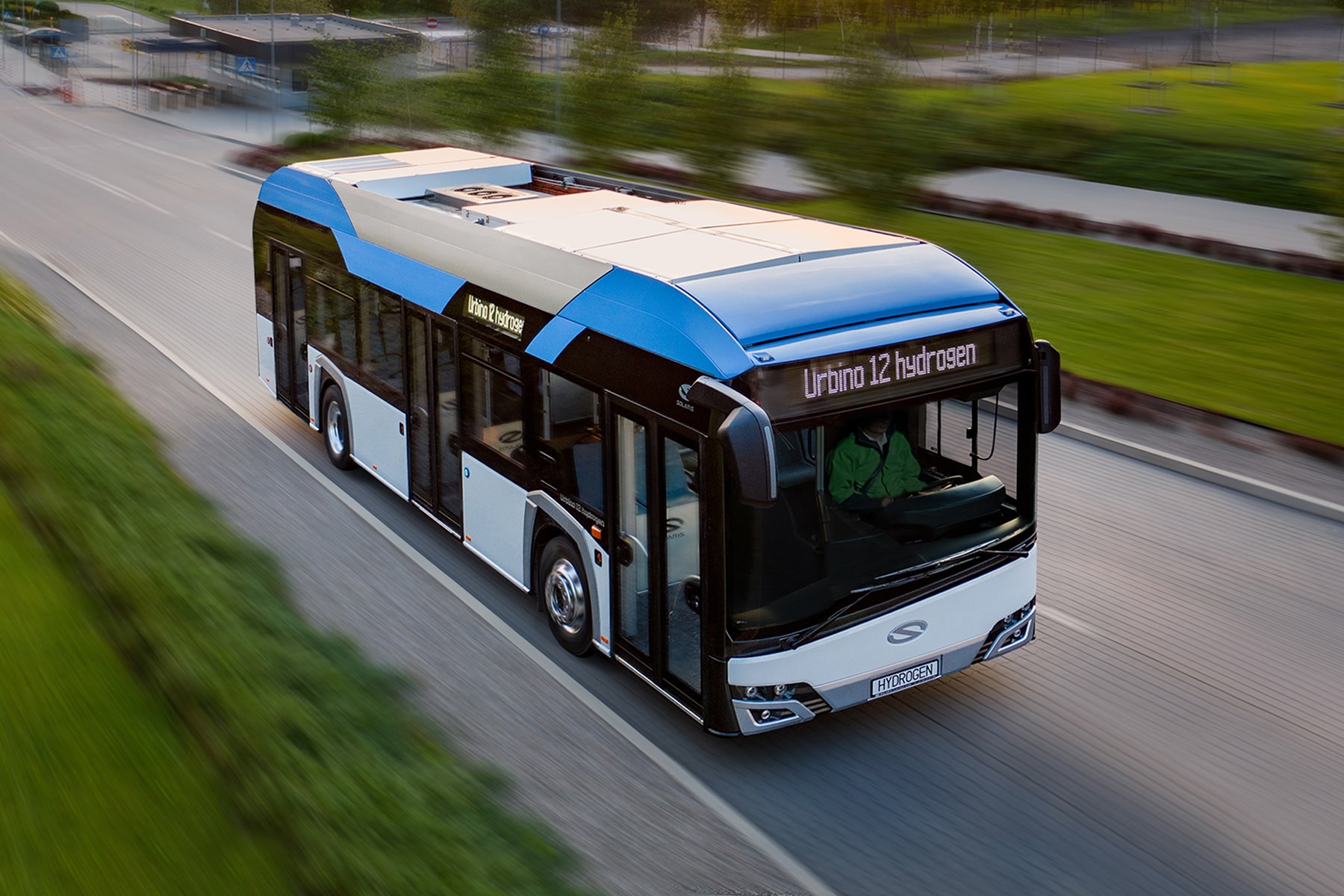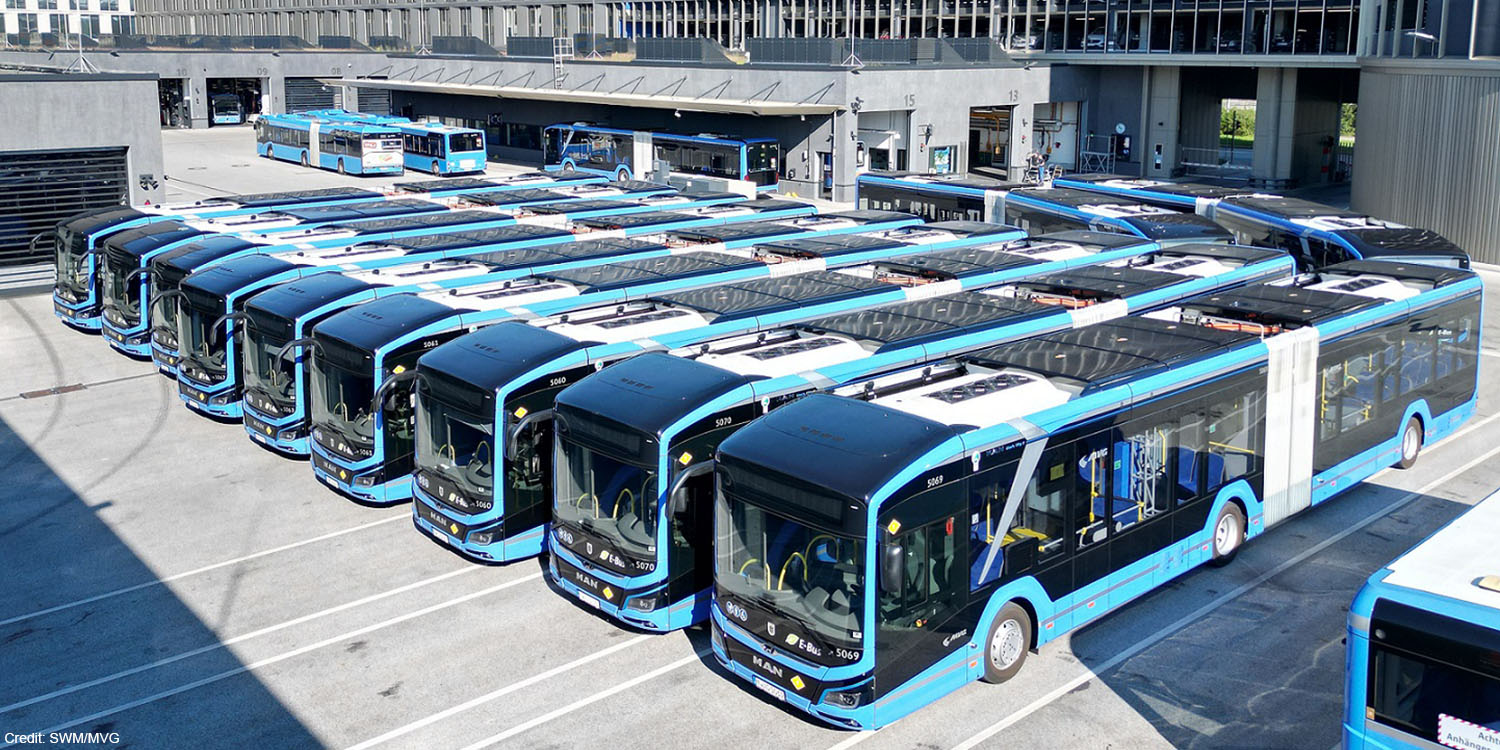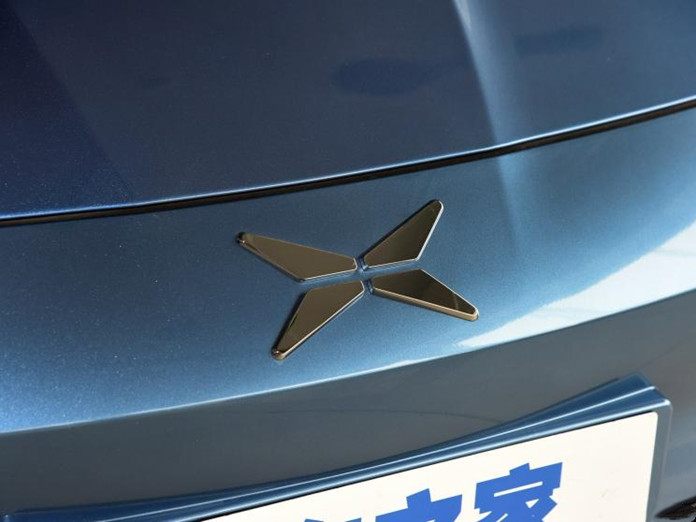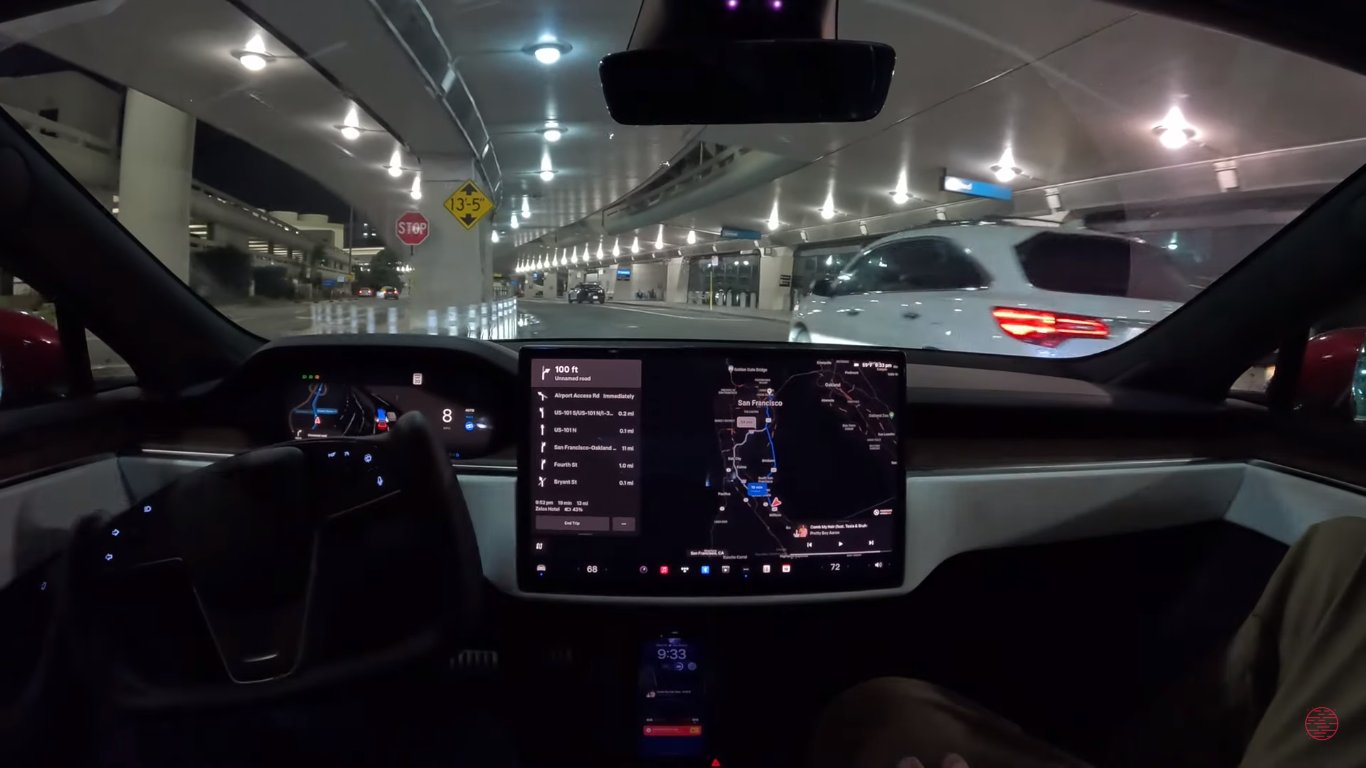India has announced a policy shift to reduce import taxes on certain electric vehicles for companies committing to invest at least $500 million and establishing a local manufacturing facility within three years. This move could potentially facilitate Tesla’s entry into the South Asian market.
Under the new policy, companies must invest a minimum of $500 million in the country and set up local manufacturing for electric vehicles (EVs) with at least 25% of components sourced domestically. Firms meeting these requirements will be allowed to import 8,000 EVs a year at a reduced import duty of 15% on cars costing $35,000 and above. Currently, India levies a tax of 70% to 100% on imported cars depending on their value.
The policy change is expected to pave the way for Tesla’s entry into India, aligning with the company’s long-standing efforts to lower import duties on its electric cars. It also aligns with India’s goal to boost EV adoption and reduce its dependence on oil imports, aiming for 30% electric car sales by 2030.
The Ministry of Heavy Industries stated that the new policy “will provide Indian consumers with access to the latest technology, boost the Make in India initiative, strengthen the EV ecosystem, and reduce air pollution, particularly in cities.”
Tesla, which has been eyeing the Indian market for years, is expected to initially import its EVs from China’s Shanghai. However, the company plans to establish local manufacturing and a battery plant in India over the next few years. Tesla is also anticipated to launch a sub-$25,000 model to cater to Indian customers and compete with local incumbents.
India’s Commerce Minister Piyush Goyal previously stated that Tesla aimed to nearly double its automobile component sourcing from India to $1.7-$1.9 billion in 2023 from $1 billion in 2022.
Additionally, Vietnam’s electric carmaker VinFast sees India as its new manufacturing hub, with plans to invest $2 billion in the country, including $500 million for a facility in Tamil Nadu. Lotus Cars, owned by China’s Geely, also entered India last year, partnering with a local importer.
Despite the efforts to attract foreign EV players, India remains primarily a two-wheeler-driven market, with local carmakers Tata Motors and Mahindra & Mahindra also actively resisting global players’ expansion in the country.

